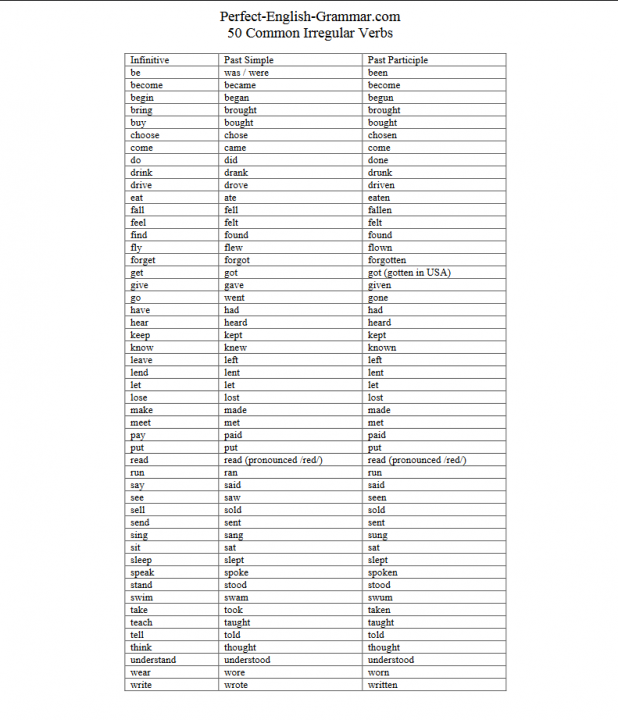Het arrangement English present perfect & present perfect continuous is gemaakt met Wikiwijs van Kennisnet. Wikiwijs is hét onderwijsplatform waar je leermiddelen zoekt, maakt en deelt.
- Auteur
- Laatst gewijzigd
- 02-03-2023 10:58:44
- Licentie
-
Dit lesmateriaal is gepubliceerd onder de Creative Commons Naamsvermelding 4.0 Internationale licentie. Dit houdt in dat je onder de voorwaarde van naamsvermelding vrij bent om:
- het werk te delen - te kopiëren, te verspreiden en door te geven via elk medium of bestandsformaat
- het werk te bewerken - te remixen, te veranderen en afgeleide werken te maken
- voor alle doeleinden, inclusief commerciële doeleinden.
Meer informatie over de CC Naamsvermelding 4.0 Internationale licentie.
Aanvullende informatie over dit lesmateriaal
Van dit lesmateriaal is de volgende aanvullende informatie beschikbaar:
- Toelichting
- Een arrangement waarmee studenten kunnen oefenen met de present perfect en de present perfect continuous.
- Eindgebruiker
- leerling/student
- Moeilijkheidsgraad
- gemiddeld
- Studiebelasting
- 4 uur 0 minuten
Bronnen
| Bron | Type |
|---|---|
|
The present perfect https://1drv.ms/v/s!Ar3juPICXIuSgYksO9Rigt0NDz9x5A?e=RMx62n |
Video |
|
Uitleg van de present perfect continuous https://www.youtube.com/watch?v=UZEaK_RzJZg |
Link |
|
Present perfect oefeningen https://www.perfect-english-grammar.com/present-perfect-exercise-4.html |
Link |
|
Present perfect continuous oefeningen https://www.perfect-english-grammar.com/present-perfect-continuous-exercise-1.html |
Link |
|
Present perfect + present perfect continuous oefeningen https://www.perfect-english-grammar.com/present-perfect-present-perfect-continuous-1.html |
Link |
|
Formatieve 'toets' in Google Forms https://forms.gle/TQbydxkH33Tg6ejg6 |
Link |

 The present perfect
The present perfect

